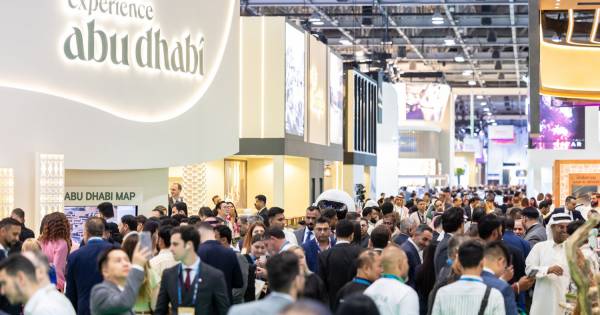
The global tourism landscape is becoming increasingly complex, influenced by change climateenvironmental concerns, as well as changing expectations of travellers. In the Middle EastHowever, some destinations are responding proactively by adapting their tourism strategies to meet these challenges. They are focusing on resilienceinnovation and the creation of long-term value.
Climate change is one of the biggest threats to tourist destinations. Some regions of the Middle East are facing extreme weather conditions making it vital to adapt tourism infrastructure and services. For example, Dubai has recently invested in district cooling systems and other technologies to reduce the impact of heat on visitors.
This adaptation also involves the development of sustainable tourism. Governments and players in the sector are investing in sustainable practices. sustainable to attract environmentally conscious travellers.
Modern travellers are looking for experiences that respect the environment and promote sustainable development. local culture. This has led to a change in expectations, forcing destinations to offer more than simply mass tourism. Authentic cultural experiences, immersive holidays and opportunities to take part in the site preservation are becoming increasingly popular.
The renewed interest in individual travel has also encouraged the emergence of personalised platforms and services. Destinations are relying on advanced technologies to offer a more personalized experience. customer experience to visitors.
The Middle East is a region complex political dynamics. Geopolitical uncertainties can be an obstacle for the tourism industry. However, new policies and regional collaborations aim to strengthen the stability and safety, two key factors for travellers.
Economic fluctuations add another layer of complexity. Successful destinations are those that adapt their offers quickly to economic realities, offering a good quality of service and a high level of comfort. value for money to attract diverse visitor segments.
Technology plays a central role in the transformation of the tourism sector. Investing in innovations such as artificial intelligence and the use of data is essential for anticipating travellers' needs and improving the tourism offering. For example, digital platforms personalise the visitor experience based on their preferences and travel history.
The startups Tourism technology is growing rapidly, bringing new solutions that align with the modern perceptions and expectations of travellers.
Tourist destinations in the Middle East are demonstrating that by combining innovation, sustainable development and responsiveness to change, they can become leaders in the global tourism of tomorrow.
This article has been selected, adapted and validated by the Breeziful editorial team. Writing assisted by artificial intelligence, under the supervision of Éléonore. Written/Validated by Breeziful.
Email: is an innovative platform that combines communication and resale of products. Take advantage of discounted hotel nights or other services, and unique marketing communication.
Thanks to our Incomparable model, we allow professionals to benefit from increased visibility while enabling travelers to access exceptional offers.
© 2024 Breeziful. All rights reserved.
Geneva Business Directory: VAT number CHE-423.992.781
Find Breeziful Travel in
Tourism directory - Travel agency